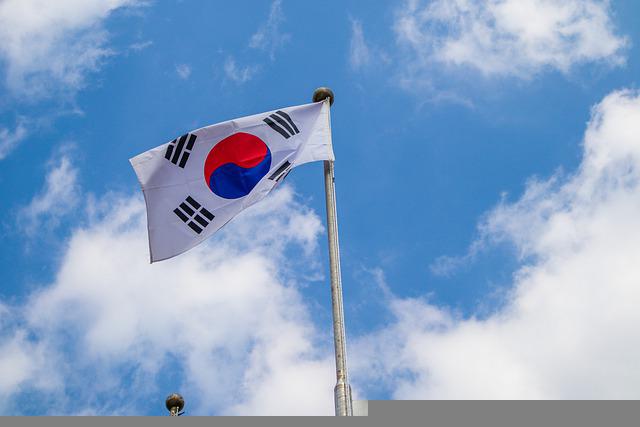December 6, 2022
The governor of the central bank foresaw a slowdown in inflation in South Korea in November, but underlying price pressures remained high, indicating that more policy tightening was still to come.
According to statistics office data, consumer prices increased 5% compared to a year earlier, slipping from October’s 5.7% rate and falling short of the economists’ projection of 5.2%. Prices dropped 0.1% from the previous month, which was also less than anticipated.
Core inflation, which does not include volatile goods like oil and agricultural products, remained at 4.8% in November compared to the same month the previous year, exceeding the median estimate of 4.5%.
This maintains the concerns of the central bank, according to Lim Dong-min, a researcher at Kyobo Securities. “The BOK continues to believe that even though it might put pressure on the economy in the short term, demand should cool to push prices down.”
Rhee Chang-yong, the governor of the Bank of Korea, gave a warning last week that headline inflation was likely to fall in November since the cost of agricultural items had increased the year before as a result of a cold snap. He didn’t think the impact would last.
In a statement released after the release of today’s report, the central bank reaffirmed this opinion by citing the base effect and reiterating its expectation for a 5% increase in consumer prices through the beginning of 2019.
The comments indicate that the BOK, which has increased rates by 2.75 percentage points since August of last year, is likely to continue to tighten.
In response to the Federal Reserve’s disproportionate rate increases, the Korean won fell below 1,400 per dollar in September and October, raising the price of imports. Since then, the won has recovered as a downshift by the Fed has been hinted at.
Inflation will be a major consideration when the BOK meets again in January. As policymakers in Seoul work to wind down their tightening cycle and plan their next move, it will also be keeping an eye on Fed actions and China’s Covid stance.
Source: Bloomberg
Legal Notice: The information in this article is intended for information purposes only. It is not intended for professional information purposes specific to a person or an institution. Every institution has different requirements because of its own circumstances even though they bear a resemblance to each other. Consequently, it is your interest to consult on an expert before taking a decision based on information stated in this article and putting into practice. Neither Karen Audit nor related person or institutions are not responsible for any damages or losses that might occur in consequence of the use of the information in this article by private or formal, real or legal person and institutions.






